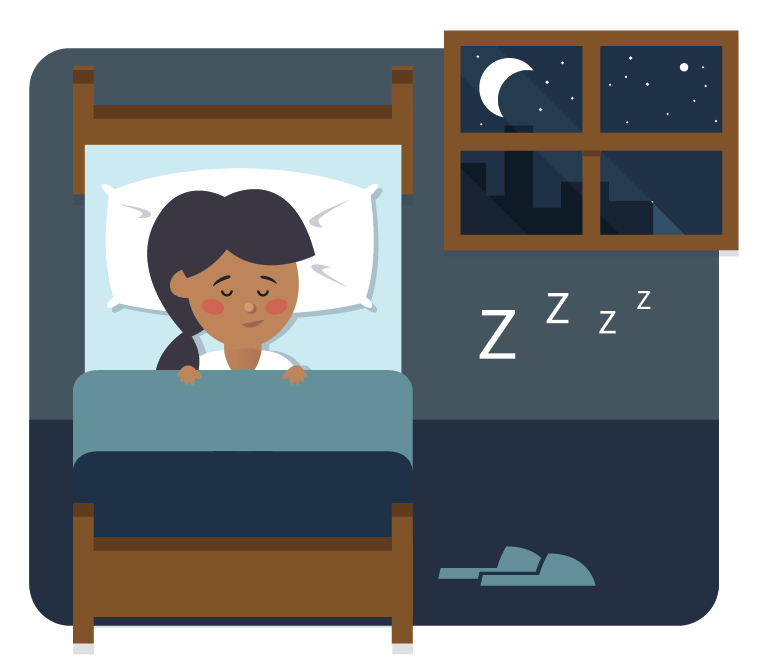Studying is a major skill that students need to be successful in school. While they are young, it’s important to help establish a foundation that children can rely upon as they grow older. There is no one-size-fits-all study habit, which is why educators, parents and students need to work together to find what works and what doesn’t.
Whether it’s studying for an assignment or a test, here are some concrete home study methods Athlos has learned from experienced experts that can help students become more confident in their learning.

Get organized
This is best done at the beginning of the school year, but you can always revaluate your child’s study space anytime. You can follow the steps below to help jump-start the organization process.
We recommend starting with writing a list of class and homework expectations. Check with your child’s teacher, they will often provide information on what is expected.
Next, establish a study space that works best for your student and keep it to only one, this is especially important for executive functioning.
Lastly, find a filing system the works for your student, whether it’s a binder, a folder, a cubby, a backpack, etc. This will help keep everything in one place.
Remember to exercise and take regular breaks
It’s important to break away from the books for a period and engage in some activities to get their mind on something else. The Athlos Healthy Body pillar is built on the science that the mind and body are interdependent on one another. Whether it’s mindful breathing and stretching or exercising and playing sports, physical activity has shown to help improve student focus and study skills.


Maintain a consistent schedule
Research shows that children thrive on schedules and routines. When a student is organized and maintaining a routine, they feel more comfortable, secure, and in control of their environments. This can be done using a calendar, planner, notepad, or whiteboard.
Create an atmosphere that helps the student focus
This often takes some trial and error, but there is a reason most people respond to the quiet ambiance of a library to study. At home, commonly used methods include:
- Dedicated quiet hours for study
- Study nooks or similar space specifically for studying
- Music or ambient noise such as a fan or white noise machine


Make sure your student is getting enough rest
Sleep experts recommend that children ages 6 to 13 should be getting 9-11 hours of sleep, especially before a big test. By helping your child make time for studying and rest, you will begin to establish healthy habits and routines that will help them better operate each day.
Talk about assignments with classmates
Depending on the nature of the class, sometimes a study group between classmates can help children learn and better prepare for tests and assignments. Friendly discussions can not only help deepen understanding of the material, but also build friendships and trust between classmates.

Information and guidance for mental health
If nothing seems to help your student study, it might be time to evaluate your child’s stress levels. 2020 has taken a toll on the mental health of many Americans and children are no exception.
This can be done through daily communication and being sensitive to irregular behavior. If needed, studies show that children benefit from mental health days much like adults.
Professional help is also available. Many schools have counselors and other resources available to help students find study habits that work for them. Be sure to talk to the child’s teacher about your student’s needs as well.
As children realize they can seek outside support, they will become more communicative in their struggles and build greater confidence in their learning.



